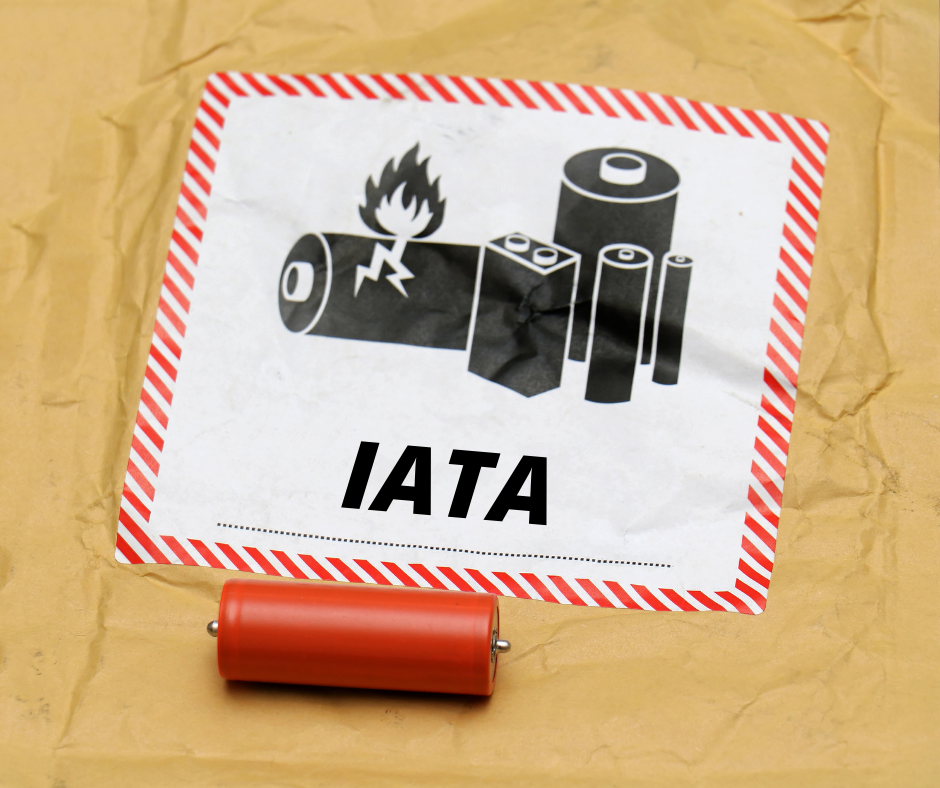The Latest Developments for Lithium Battery Shipments
IATA Training is Vital for Lithium Battery Shipments
There is a long list of consumer goods which have been specifically designed to run on power provided by lithium batteries. From smartphones to toys, lithium batteries are amazing inventions because they are cheap, lightweight, they store a lot of power, and they have a shelf life way longer than other types of batteries.
But, although they have become the power source choice of a lot of electronic goods manufacturers, a lot of people are not aware that lithium batteries are considered as dangerous goods. In fact, they have always been on the HazMat catalogue of the FAA, and they can definitely pose a serious safety threat if they are not handled in compliance with the transport regulations.
Several companies have been fined thousands of dollars because they forgot to accurately label their packages which contain lithium batteries. This is the reason why more and more companies are making sure that their key personnel undergo IATA Training.
This will help them with their shipping compliance requirements. When trained, employees will acquire a more comprehensive knowledge of shipping information especially when it comes to transporting goods that are considered hazardous materials, in this case, lithium batteries.
On the latest development in lithium battery shipments, these items will now only be allowed through Cargo Aircraft Only beginning January 1st next year. This ban on the transportation of lithium batteries via passenger aircraft applies only to lithium metal batteries shipped by themselves. It does not apply to batteries that are inside gadgets and equipment.
IATA has provided a Guidance Document that discusses Dangerous Goods Regulations on:
· Packaging
· Classification, definition of materials, prohibitions, and exceptions
· Passenger Provisions
The International Civil Aviation Organization (ICAO) provides Technical Instructions in order to control lithium battery air shipments. Back in 2012, the ICAO Dangerous Goods Panel resolved to carefully tackle the risks associated with lithium batteries shipping. The ICAO determines if a battery is lithium ion or lithium metal and if they are contained in the equipment, packed with equipment, or shipped separately from the equipment.
In order to fully understand the regulations surrounding the shipment of lithium batteries, it is essential that your personnel undergo IATA Training. The proper training covers all facets of the transporting process including identification, packing, marking, labelling, and proper documentation. Click here to learn more about TCA’s IATA Training or contact us today at 855-637-9566.




